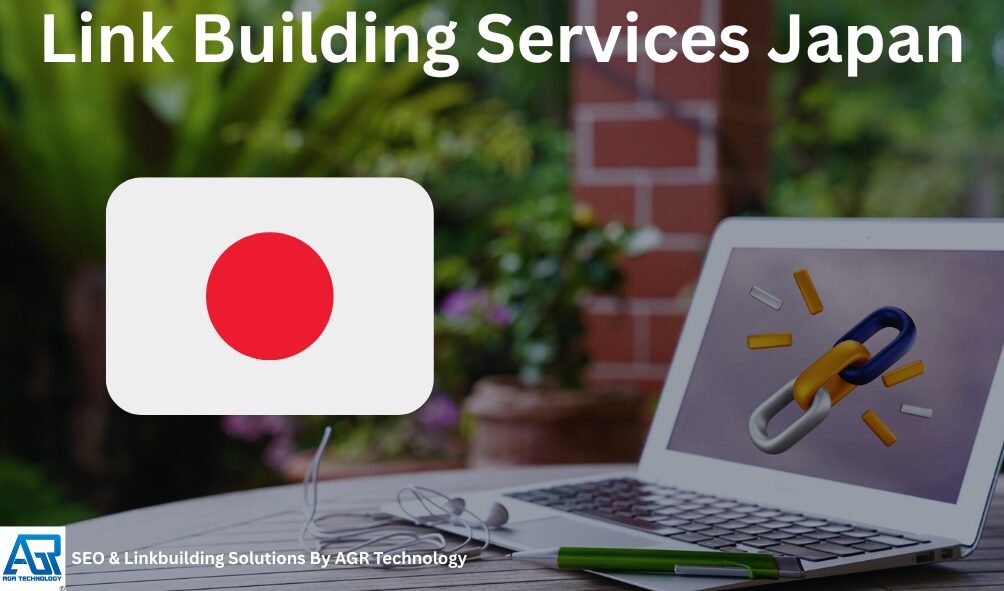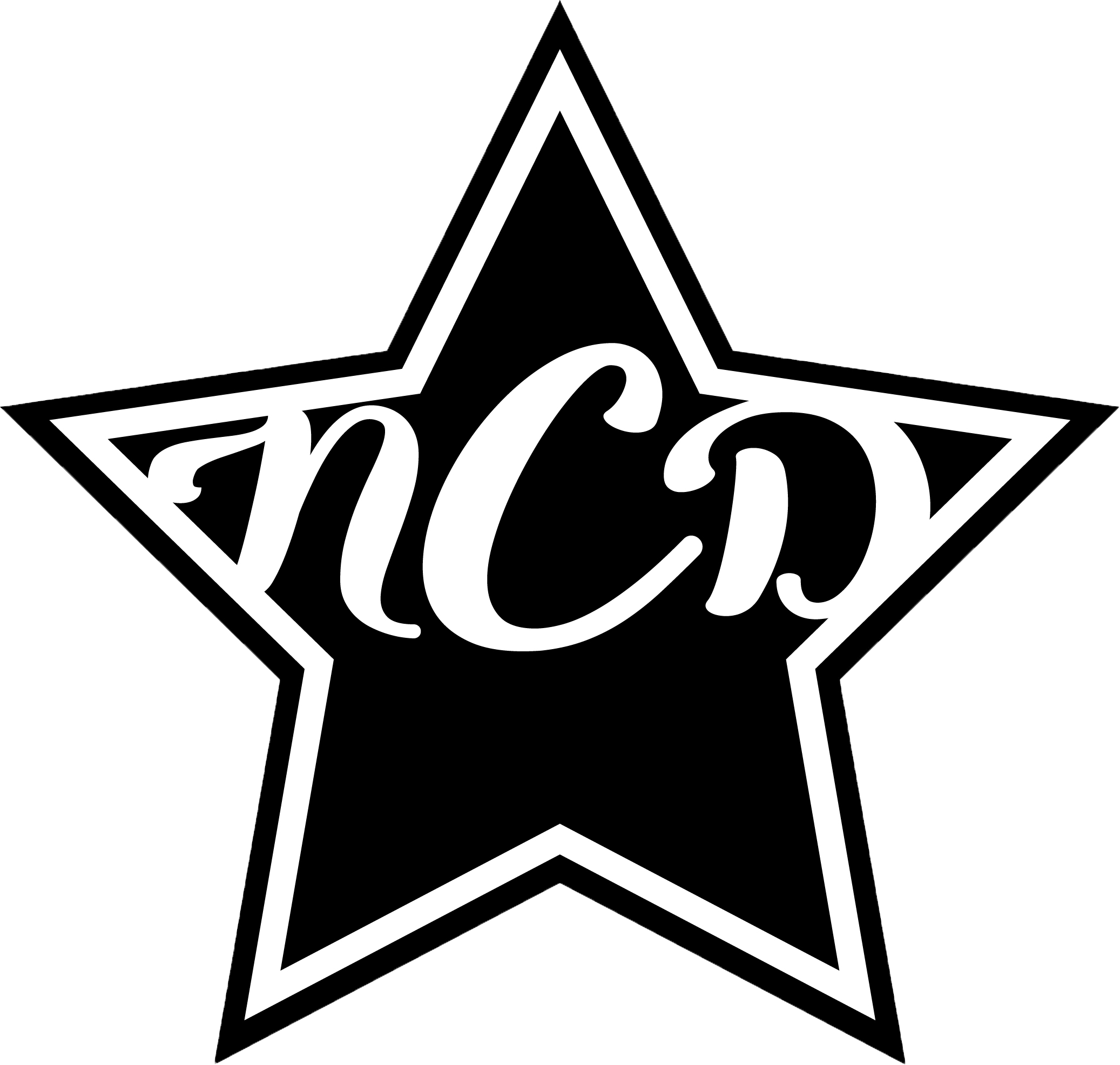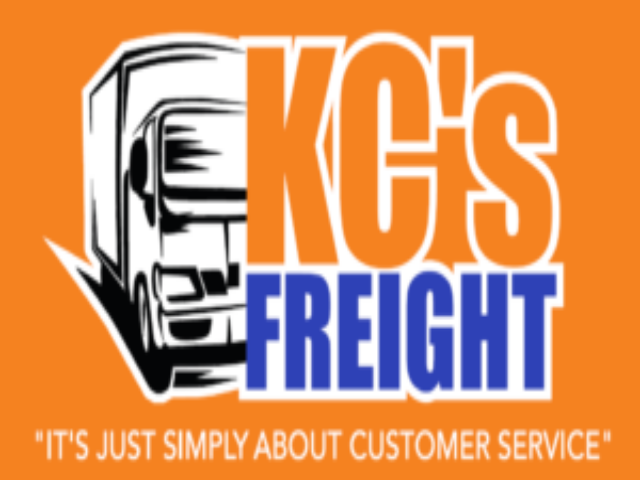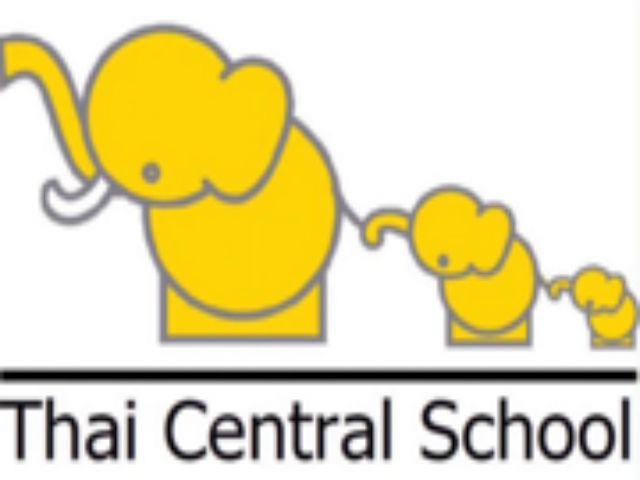Breaking into the Japanese market isn’t as simple as translating your website and hoping for the best. Japan represents one of the most unique digital ecosystems in the world, with its own search behaviours, social platforms, and cultural expectations. If you’re looking to build a genuine online presence here, you’ll quickly discover that link building in Japan operates under a completely different set of rules.
At AGR Technology, we’ve spent years navigating the complexities of SEO and understand what it takes to earn quality backlinks online including in competitive markets. Whether you’re an international brand entering Japan or a local business looking to strengthen your digital footprint, the right link building strategy can make the difference between visibility and obscurity. This guide breaks down everything you need to know about link building services for Japan, from understanding the local landscape to choosing the right partner for your goals.
Book a free consultation call with AGR Technology to see how we can help scale your brand with proven SEO strategies
Reviews from some of our happy customers:
Supporting businesses of all sizes to get ahead with digital solutions
Why work with us?
Understanding the Japanese Link Building Landscape
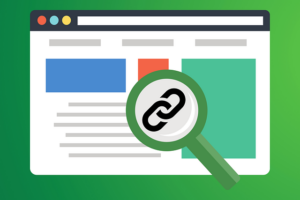
Japan’s digital environment is distinct in ways that catch many international marketers off guard. While Google holds significant market share, Yahoo. Japan (powered by Google but with its own interface and user base) remains incredibly popular. Then there’s the cultural aspect, Japanese internet users tend to trust established brands and authoritative sources more heavily than Western audiences might.
The link building landscape here reflects these preferences. Japanese websites are generally more cautious about linking out, particularly to foreign domains. There’s a strong emphasis on quality over quantity, and the concept of “relationship before business” extends into the digital realm. You can’t simply cold-email a Japanese publisher and expect a quick backlink, trust needs to be established first.
Local business directories, industry-specific portals, and regional news sites carry substantial weight. Japanese consumers also rely heavily on local review platforms and community forums that may not even appear on your radar if you’re only familiar with Western link sources. Understanding this ecosystem is the first step toward building an effective link profile that actually moves the needle in Japanese search results.
Why Link Building Matters for Japanese Market Success
Quality backlinks remain one of the most powerful ranking factors in Japanese search results. But beyond the SEO benefits, links in Japan serve as trust signals in a market where credibility is everything. When a respected Japanese website links to your content, it’s essentially vouching for you, something Japanese consumers take seriously.
Consider the competitive landscape. Major Japanese companies have spent years building their link profiles and establishing domain authority. If you’re entering this market, you’re not just competing on product quality or price, you’re competing for digital trust. A strong backlink profile helps level the playing field by demonstrating that reputable sources consider your content valuable and trustworthy.
There’s also the referral traffic factor. Japanese users are more likely to click through from trusted sources than they are to blindly trust Google ads or unfamiliar brands. A well-placed link on a popular Japanese blog or news site can drive highly qualified traffic that converts at impressive rates. We’ve seen clients experience significant increases in both organic rankings and direct referral visits after implementing targeted link building campaigns in Japan.
The long-term compound effect matters too. Each quality link you earn today contributes to your domain authority, making it progressively easier to rank for competitive keywords and attract additional natural links over time. In a market as relationship-focused as Japan, these early investments in link building pay dividends for years.
Unique Challenges of Link Building in Japan
Link building in Japan presents obstacles that don’t exist in most Western markets. Success requires acknowledging these challenges and adapting your approach accordingly.
Language and Cultural Barriers
This goes well beyond simple translation. Japanese business culture values formality, politeness, and proper protocol. An outreach email that works perfectly in English might come across as rude or too aggressive when directly translated into Japanese. Even small mistakes in honorific language (keigo) can undermine your credibility before you’ve had a chance to make your pitch.
Cultural nuances affect content strategy too. What Japanese publishers consider valuable content differs from Western standards. They tend to prefer thorough, well-researched pieces over quick listicles. Visual presentation matters enormously, cluttered or poorly designed content is less likely to earn links regardless of the information quality. Understanding these preferences requires native-level cultural fluency, not just language skills.
Then there’s the relationship-building timeline. Japanese business relationships develop slowly and deliberately. Publishers want to know who you are, what your company represents, and why a link to your site would benefit their readers. This process can take months, which frustrates marketers accustomed to faster Western timelines.
Navigating Japanese SEO Algorithms
While Google technically powers most Japanese search, the results often look different from what you’d see in the US or Australia. Google’s algorithm considers local user behaviour, and Japanese searchers interact with results differently. They’re more likely to click through to familiar domains and spend time evaluating credibility signals before making decisions.
Yahoo. Japan, even though using Google’s search technology, maintains its own portal structure and user interface that influences how people discover content. Many Japanese users start their online journey on Yahoo. Japan’s homepage rather than going directly to Google, which affects the types of sites that gain visibility and linking opportunities.
Local search factors also carry more weight. Google My Business (Google Business Profile) listings, local citations, and region-specific directories influence rankings more heavily in Japan than they might elsewhere. This means effective link building must incorporate local Japanese SEO elements alongside traditional backlink acquisition.
Key Link Building Strategies for the Japanese Market

Successful link building in Japan requires strategies tailored to the local market’s unique characteristics.
Local Directory and Citation Building
Japanese business directories and citation sites form the foundation of local SEO. Platforms like Ekiten, Navitme, and Hot Pepper carry significant authority and influence local search results. Getting listed on these platforms, with consistent NAP (Name, Address, Phone) information in proper Japanese format, establishes your legitimacy in the market.
Industry-specific directories matter even more. Whether you’re in manufacturing, hospitality, or technology, niche Japanese directories exist that your target audience actually uses. These aren’t just SEO plays, they’re genuine traffic sources and trust builders. We prioritise identifying and securing placements on the directories that matter most for each client’s specific industry and location.
Local chamber of commerce listings, regional business associations, and municipal business registries provide additional credibility. These links might not carry massive domain authority, but they signal to search engines and users alike that you’re a legitimate, established presence in the Japanese market.
Content Marketing and Guest Posting
High-quality content remains the most effective link magnet in Japan, but it needs to be content that resonates with Japanese sensibilities. This means in-depth research pieces, practical how-to guides, and data-driven insights presented in a visually appealing format. Japanese readers appreciate thoroughness and attention to detail.
Guest posting works, but only when approached correctly. Rather than mass outreach campaigns, focus on identifying a smaller number of high-quality Japanese blogs and online publications where your expertise genuinely adds value. Pitch specific, well-developed article ideas rather than generic content offers. Be prepared for a longer negotiation and approval process than you’d experience elsewhere.
Case studies and success stories perform particularly well when seeking links from Japanese publishers. Concrete examples with measurable results appeal to the Japanese preference for evidence-based decision making. If you can demonstrate proven outcomes relevant to their audience, Japanese editors are more likely to link to your content as a valuable resource.
Building Relationships with Japanese Publishers
This is where many international companies struggle, and where AGR Technology’s local expertise becomes invaluable. Building genuine relationships with Japanese publishers requires patience, cultural awareness, and consistent follow-through.
Start by engaging with publishers before asking for anything. Comment thoughtfully on their content, share their articles within relevant communities, and demonstrate that you understand and respect their work. When you eventually reach out with a link request or collaboration proposal, you’re not a complete stranger.
In-person or video meetings can accelerate relationship building in ways that email alone cannot. Japanese business culture values face-to-face interaction, and being willing to meet (even virtually) demonstrates serious intent. These meetings should focus on mutual benefit, how can a relationship serve both parties, rather than just what you want from them.
Consistency matters enormously. If you promise to provide quarterly industry insights or collaborate on future content, follow through reliably. Japanese publishers remember partners who deliver on commitments and are more likely to provide ongoing link opportunities to brands they trust.
What to Look for in a Japanese Link Building Service Provider
Not all link building services understand the Japanese market. Choosing the right partner can mean the difference between building a sustainable link profile and wasting budget on ineffective tactics.
Native Language Expertise
This cannot be overstated. You need a team with native or near-native Japanese language skills who understand nuance, context, and appropriate business communication. Machine translation or basic Japanese proficiency won’t cut it when you’re trying to persuade respected publishers to link to your content.
The right provider should be able to create content that reads naturally to Japanese audiences, not translated content that feels foreign. They should understand keigo and know when to use different levels of formality based on the publisher relationship and context. This linguistic expertise directly impacts outreach success rates.
Beyond language, cultural fluency matters just as much. Your link building partner needs to understand Japanese business etiquette, communication preferences, and relationship-building protocols. AGR Technology’s team brings this combination of language skills and cultural insight to every client engagement.
Understanding of Local Search Engines
Your service provider should demonstrate deep knowledge of how Japanese search engines operate in practice, not just in theory. This means understanding the nuances of how Google’s algorithm responds to Japanese queries, how Yahoo. Japan’s portal influences traffic, and what local search factors matter most.
They should also have established relationships with Japanese publishers, bloggers, and webmasters. Link building in Japan operates largely through relationships and reputation. A provider with existing connections can open doors that would take you months or years to access independently.
Look for transparent reporting that tracks not just the number of links acquired, but their quality, relevance, and actual impact on your Japanese search visibility. The right partner will focus on metrics that matter, rankings for Japanese keywords, organic traffic from Japan, and referral traffic from acquired links, rather than vanity metrics like domain authority scores.
Conclusion
Link building in Japan requires a fundamentally different approach than most other markets. The combination of language barriers, cultural nuances, unique search behaviour, and relationship-focused business practices means that strategies effective elsewhere often fall flat here.
Success in the Japanese market comes from understanding these differences and adapting accordingly. Quality consistently outweighs quantity. Relationships matter more than outreach templates. Cultural fluency opens doors that language translation alone cannot.
Whether you’re an international brand expanding into Japan or a local business looking to strengthen your digital presence, the right link building strategy can dramatically improve your search visibility and market credibility. But it requires expertise, patience, and local knowledge that most businesses simply don’t have in-house that’s where we come in as a natural extension of your team we can help secure the right links and bring our expertise to help your overall SEO efforts.
Ready to build a stronger presence in the Japanese market? Contact AGR Technology today to discuss how our link building services can help you achieve your goals in Japan. We’ll evaluate your current situation, identify opportunities specific to your industry, and develop a customised strategy designed for the unique demands of the Japanese digital landscape.
Frequently Asked Questions
What makes link building in Japan different from other markets?
Link building in Japan requires native language expertise, cultural fluency in business etiquette, and a relationship-first approach. Japanese publishers are more cautious about linking out, especially to foreign domains, and trust must be established before any link opportunities emerge, making the process slower but more sustainable.
Why is Yahoo Japan still important for SEO in Japan?
Despite using Google’s search technology, Yahoo Japan maintains its own portal structure and user interface that many Japanese users prefer as their starting point online. This distinct user behavior and high popularity make it an essential consideration for link building and SEO strategies in Japan.
What types of websites provide the best backlinks in Japan?
Local business directories like Ekiten and Navi time, industry-specific portals, regional news sites, and established Japanese blogs carry substantial authority. Links from respected Japanese sources serve as critical trust signals in a market where credibility and brand reputation are paramount to consumer decisions.
How long does it take to see results from link building in Japan?
Link building in Japan typically takes longer than Western markets due to the relationship-building requirements. Initial relationship development can take months, but once established, these partnerships deliver compounding long-term value through improved rankings, domain authority, and ongoing referral traffic from trusted sources.

Alessio Rigoli is the founder of AGR Technology and got his start working in the IT space originally in Education and then in the private sector helping businesses in various industries. Alessio maintains the blog and is interested in a number of different topics emerging and current such as Digital marketing, Software development, Cryptocurrency/Blockchain, Cyber security, Linux and more.
Alessio Rigoli, AGR Technology
![logo-new-23[1] logo-new-23[1]](https://agrtech.com.au/wp-content/uploads/elementor/thumbs/logo-new-231-qad2sqbr9f0wlvza81xod18hkirbk9apc0elfhpco4.png)
